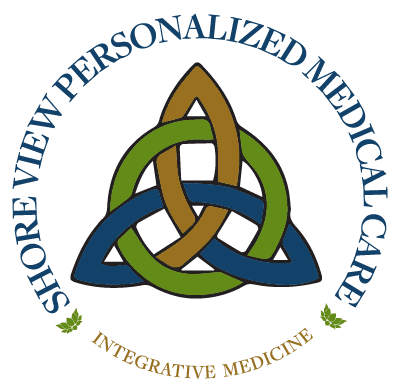Treating the whole patient – physical, emotional, social – must also include spiritual issues, according to Dr. Uday Jani, a well-respected internist with a fellowship in integrated medicine. As part of the Summer Spirituality Series at St. Peter’s Church, Dr. Jani will explore why this often neglected factor is integral to the practice of today’s best medical care.
While technology has led to phenomenal advances and the ability to prolong life, it has also resulted in a shift from a caring, service-oriented model to a more cure-oriented one, says Dr. Jani. “It’s only in the past few decades that physicians have attempted to balance this by restoring medicine’s original spiritual roots…until modern times, spirituality was considered a crucial component of health care.”
Research suggests that more than 75 percent of patients would like to doctors to discuss spiritual issues as part of their care, yet only 10 to 20 percent of physicians do so. However, Dr. Jani notes a welcome trend that is starting to move the needle. “Interest in incorporating spirituality into the practice of medicine is growing rapidly,” he says, citing the increase in courses addressing this topic at American medical schools. According to a 2014 report in Academic Medicine, more than 75 percent of U.S. medical schools have incorporated spirituality topics into the curricula.
One of integrative medicine’s greatest strengths, says Dr. Jani, is the continued emphasis placed on understanding the patient’s social, cultural and psychological environment, and how spirituality connects to all. “Spirituality is an important, multidimensional aspect of the human experience that may be difficult to fully understand or measure using the scientific method, yet convincing evidence in the medical literature supports its beneficial role in the practice of medicine,” he says. “The world’s great wisdom traditions suggest that some of the most important aspects of spirituality lie in the sense of connection and inner strength, comfort, love and peace that individuals derive from their relationship with self, others, nature and the transcendent.”
The medical case for spiritual well-being
Recent medical studies indicate that people who describe themselves as spiritual exhibit fewer self-destructive behaviors such as smoking, drug and alcohol abuse, even suicide; and experience less stress, and a greater satisfaction with life overall. In addition, practice of spirituality has been shown to reduce depression, improve blood pressure and boost the immune system.
